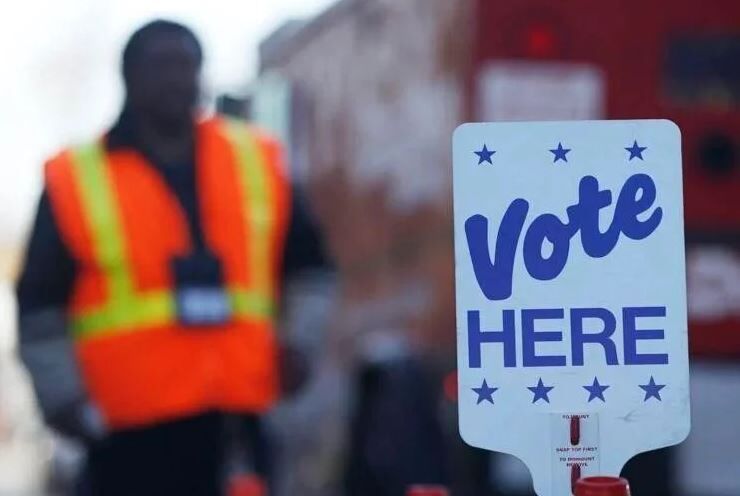Battle for votes over Colorado’s Proposition HH rages on

The biggest battle for the November general election, over Proposition HH, heated up a little more this week with competing statements and analysis from several organizations.
The Colorado Association of Realtors announced this week they are opposed to the property tax question after conducting what they called a comprehensive review of the measure.
On the other side, the Colorado Fiscal Institute released its own analysis of the measure, stating it will save the average homeowner more than $1,200 over the next three years “despite small adjustments to TABOR refunds if Proposition HH passes.”
Proposition HH asks voters whether to use Taxpayer’s Bill of Rights surplus revenue, which is usually refunded to taxpayers, to reduce property taxes, fund school districts and backfill counties, water districts, fire districts, ambulance or hospital districts and other local governments. A companion measure from the legislature that would only be implemented if HH passes would provide a one-time only equalized TABOR refund to all taxpayers, paid next April with tax filings.
Beginning the following year, TABOR refunds would be reduced over the next decade and potentially beyond that. Under current law, TABOR refunds are first paid to cover senior and veteran property tax homestead exemptions; next through a temporary reduction in the state income tax; and if any money is left, through a six-tiered sales tax refund with annual tax filings.
The report from the Colorado Fiscal Institute said that “under most scenarios, ‘taxpayers can still expect to get over $500 dollars (sic) back annually in a state TABOR refund throughout the decade if HH passes.'”
The statement from CFI also said their report would debunk “disingenuous claims by the Common Sense Institute.” CFI pointed out that work is funded by a non-profit foundation headed by Michael Fields, who heads one of the five issue committees opposed to HH.
The CFI statement, however, did not identify what it believed were disingenuous claims made by the Common Sense Institute, either in the statement or in the report.
Citing Senate President Steve Fenberg of Boulder, the statement added that if voters don’t act, “property taxes will skyrocket, leaving seniors and working families worried about being able to afford to stay in their homes. Prop HH will help avoid this crisis by providing immediate property tax relief while keeping TABOR refunds intact.”
The fiscal institute report said it modeled the next 10 years under Prop HH in both recession and no-recession scenarios and found that tax relief benefits to taxpayers are much higher than reductions in refunds, the statement said. The average homeowner will save between $46 and $574, and their TABOR refund will go down by just $42 in 2024.
The report paid little heed to what will happen to renters, who will be most disadvantaged under HH, according to critics of the measure.
Only homeowners and commercial property owners will see property tax benefits from HH through smaller increases in taxes. Renters will not only see diminishing TABOR refunds in the same time period, but are likely to face higher rents because property taxes will still go up if HH passes. Those property tax increases are likely to be passed along to renters, critics say.
About 40% of Coloradans are renters, according to the Bell Policy Center, which favors HH.
The realtor’s association said that while they are ready to “fully support thoughtful, well-vetted property tax relief for all Coloradans,” HH isn’t it.
“In essence, we lifted the hood on the ballot to help us understand the short- and long-term effects of Prop HH on our state’s residents,” said member Will Flowers in the association’s statement. “What seems like a simple ballot question on the surface, particularly in its initial description, becomes drastically more complicated and raises countless concerns as you dig into the 12-pages of detail in the Colorado Blue Book that should be considered.”
The association did look at the impact of HH on the state’s 800,000 renting households, which it estimated is about two million Coloradans.
“Less money in renters’ pockets from TABOR refunds is less money to put towards homeownership or to make ends’ meet,” the association said.
The association pointed out that homeowners, under HH, “would be required to complete an application to be filed with their county assessor to be considered for a market value reduction of at least $40,000 beginning in 2025.”
Property tax relief should not come at the expense of TABOR refunds, the association said.














